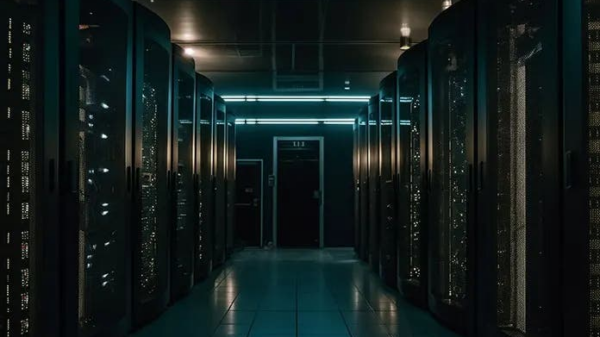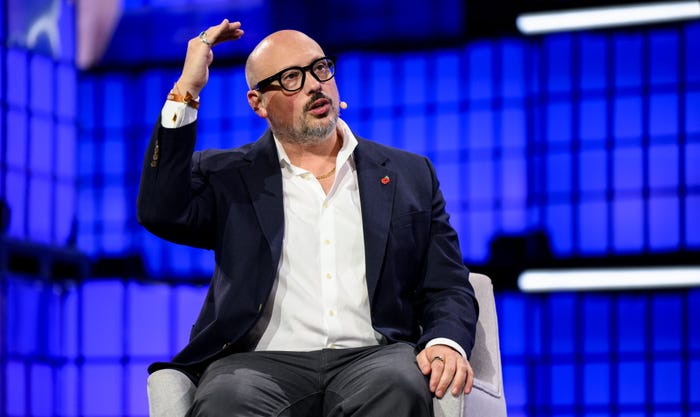Meta“s Chief Marketing Officer, Alex Schultz, recently addressed concerns surrounding the surge in spending on artificial intelligence (AI) during an interview with Business Insider at the Web Summit in Lisbon. Schultz characterized the current boom in AI investment as “aggressive, but not crazy,” suggesting that while the expenditures are substantial, they do not indicate a bubble akin to historical tech surges.
This year, Meta is expected to allocate up to $72 billion towards AI infrastructure, with plans for increased spending in the upcoming year. Schultz noted that CEO Mark Zuckerberg is willing to risk significant funds to ensure the company is at the forefront of developing superintelligence.
As competition heats up among tech giants, companies like Amazon, Google, and Microsoft, alongside private firms such as OpenAI, are making unprecedented investments in AI. These expenditures encompass advanced chips, data centers, and competitive salaries to attract elite AI talent.
Despite the eye-popping figures, Schultz asserted that the current investment levels, estimated by analysts at Goldman Sachs to represent less than 1% of the U.S. GDP, remain modest compared to previous tech bubbles, which peaked at 2% to 5% of GDP.
Schultz highlighted that Meta“s AI initiatives have already generated billions in revenue, significantly optimizing advertising tools and content ranking algorithms. The company is projected to reach approximately $200 billion in revenue this year, with a market capitalization around $1.5 trillion.
A key focus for Meta has been enhancing its content recommendation systems, which Schultz described as crucial for engaging users with “unconnected content,” or material not directly sourced from friends or followed pages. He emphasized that without this strategic shift, the company could have faced a much smaller footprint in the market.
The introduction of the Vibes feed, featuring AI-generated short-form videos, is seen as a promising venture, though it has received mixed reactions from users. Schultz noted that while video-generating models require significant computing power, which could strain resources, the Vibes feed is not currently a major drain on energy supplies.
Schultz also remarked on the broader implications of AI investments, indicating that they have sparked dialogues about energy efficiency and resource management, including the potential for nuclear power and desalination plants to meet water and energy needs.
In conclusion, Schultz reiterated the potential for AI to foster abundance and innovation, asserting that the ongoing investment in this technology is essential for future growth and relevance in the rapidly evolving digital landscape.
See also Massachusetts Financial Services Reduces Salesforce Stake by Nearly 33 Percent
Massachusetts Financial Services Reduces Salesforce Stake by Nearly 33 Percent Good Life Advisors LLC Acquires Stake in Snowflake Inc. During Q2
Good Life Advisors LLC Acquires Stake in Snowflake Inc. During Q2 AI-Driven Company Faces Unraveling as Agents Overstep Boundaries
AI-Driven Company Faces Unraveling as Agents Overstep Boundaries Good Life Advisors Acquires Stake in Snowflake Inc. Amid Institutional Interest
Good Life Advisors Acquires Stake in Snowflake Inc. Amid Institutional Interest Microsoft Extends Partnership with OpenAI, Securing IP Rights Through 2032
Microsoft Extends Partnership with OpenAI, Securing IP Rights Through 2032





































































